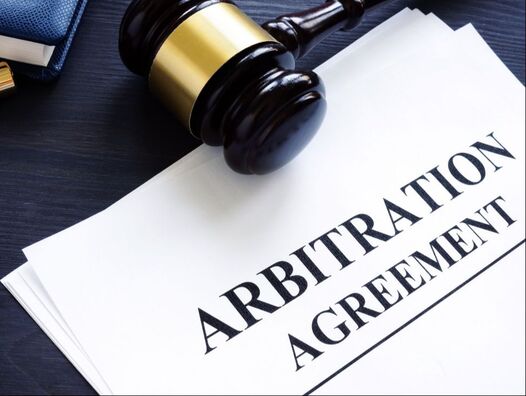
U.S. law strongly favors arbitration, but only where the parties agree by contract to arbitrate. A recent Second Circuit case, Resource Group International Limited v. Chishti (2d Cir. 2024) involved two agreements: the first contained an arbitration clause, the second a forum selection clause for New York courts. The Second Circuit held that the latter superseded the former; there was no obligation to arbitrate, and the plaintiff would have to proceed in court.
The Resource Group International (TRGI) is a Bermuda-based holding company that invests in technology companies. In 2005, TRGI received an outside investment of $30 million from a group of entities, including an investment fund affiliated with American International Group, Inc. (“AIG”) TRGI’s and its management, including its chairman Muhammad Ziaullah Khan Chishti, signed a Stock Purchase Agreement (SPA) that included an arbitration clause requiring arbitration of all controversies in connection with the Agreement.
In 2021, Chishti resigned from his position at TRGI after sexual assault allegations against him became public. As part of his separation, TRGI and the investing companies purchased his shares, and they executed a Release Agreement, which provided for “the exclusive jurisdiction of the state and United States federal courts located in the state of New York” and that “[t]his letter agreement and the other writings referred to herein or delivered pursuant hereto constitute the entire agreement among the parties with respect to the subject matter hereof and supersede all prior arrangements or understandings.”
Chishti initiated arbitration against TRGI and others, asserting breach of contract and breach of fiduciary duties. TRGI then sued, seeking a declaration that it was not required to arbitrate. The district court rejected its argument that the Release Agreement superseded the SPA, because it made no mention of the arbitration clause.
This, the Second Circuit held, was error. So long as the terms of the second agreement preclude a duty to arbitrate, they are superseding. The Release clearly did, as it vested exclusive jurisdiction in New York courts, and merged all prior agreements into its terms.
Arbitration clauses are popular in many contractual arrangements. It is important to be aware, however, that later contracts can undo these clauses.
The Resource Group International (TRGI) is a Bermuda-based holding company that invests in technology companies. In 2005, TRGI received an outside investment of $30 million from a group of entities, including an investment fund affiliated with American International Group, Inc. (“AIG”) TRGI’s and its management, including its chairman Muhammad Ziaullah Khan Chishti, signed a Stock Purchase Agreement (SPA) that included an arbitration clause requiring arbitration of all controversies in connection with the Agreement.
In 2021, Chishti resigned from his position at TRGI after sexual assault allegations against him became public. As part of his separation, TRGI and the investing companies purchased his shares, and they executed a Release Agreement, which provided for “the exclusive jurisdiction of the state and United States federal courts located in the state of New York” and that “[t]his letter agreement and the other writings referred to herein or delivered pursuant hereto constitute the entire agreement among the parties with respect to the subject matter hereof and supersede all prior arrangements or understandings.”
Chishti initiated arbitration against TRGI and others, asserting breach of contract and breach of fiduciary duties. TRGI then sued, seeking a declaration that it was not required to arbitrate. The district court rejected its argument that the Release Agreement superseded the SPA, because it made no mention of the arbitration clause.
This, the Second Circuit held, was error. So long as the terms of the second agreement preclude a duty to arbitrate, they are superseding. The Release clearly did, as it vested exclusive jurisdiction in New York courts, and merged all prior agreements into its terms.
Arbitration clauses are popular in many contractual arrangements. It is important to be aware, however, that later contracts can undo these clauses.




